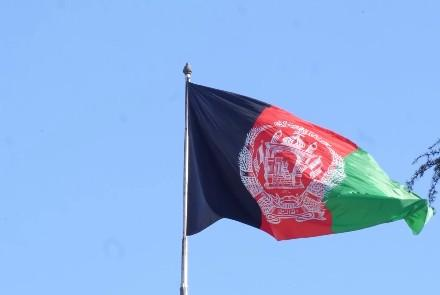The Republic System and its Impact on Afghans

The Islamic republic system has been the longest-running political system in the country after the end of the absolute monarchy led by King Mohammad Zahir. The monarchy lasted for 40 years, and the current republic has been in place for the past two decades.
The Afghan government has often emphasized the need to preserve the republic when it comes to peace efforts. But what is a republic, and to what extent does the Afghan government live up to the ideal?
“Rule of law, people’s commitment to law and the commitment of the government to the law and to providing balanced services are elements of the republic,” said Hadi Miran, an international affairs analyst.
“We have had comprehensive achievements in different sectors in the last 20 years, especially in youth and women’s rights, among other areas,” said Khadija Ilham, an MP from Kapisa.
The emphasis on the republic has been one of the main and much-debated topics between the Afghan government and the Taliban in the last six months.
“All issues are handled based on the people’s will, in a republic. That is why it’s important. The right to run for election and to hold elections are also implemented under the republic,” presidential spokesman Dawa Khan Menapal said.
In 43 countries in the Muslim world, governments are established based on the people’s vote. Of these, Afghanistan, Iran, Pakistan and Mauritania–a country in Africa–have Islamic republic governments and 39 others call themselves republics.
Aisha Nori, a member of an artistic group in Kabul who plays guitar and works with children said the republic in the last 20 years has provided an opportunity for girls in the country.
“We have the right to be free and the right to make choices in our life. We can work freely,” Noori said.
Noori works at an organization that seeks to raise awareness among children and youth, and she said that recently she ran a book-reading campaign for peace in some provinces of the country.
“We want to encourage them (the young) to study and further recognize their responsibility,” said Abdul Muqeet Aryanfar, head of the Peroozi Support and Empowerment Organization.
This comes as the US in a draft peace plan has proposed the establishment of an interim government to move the reconciliation process forward.
